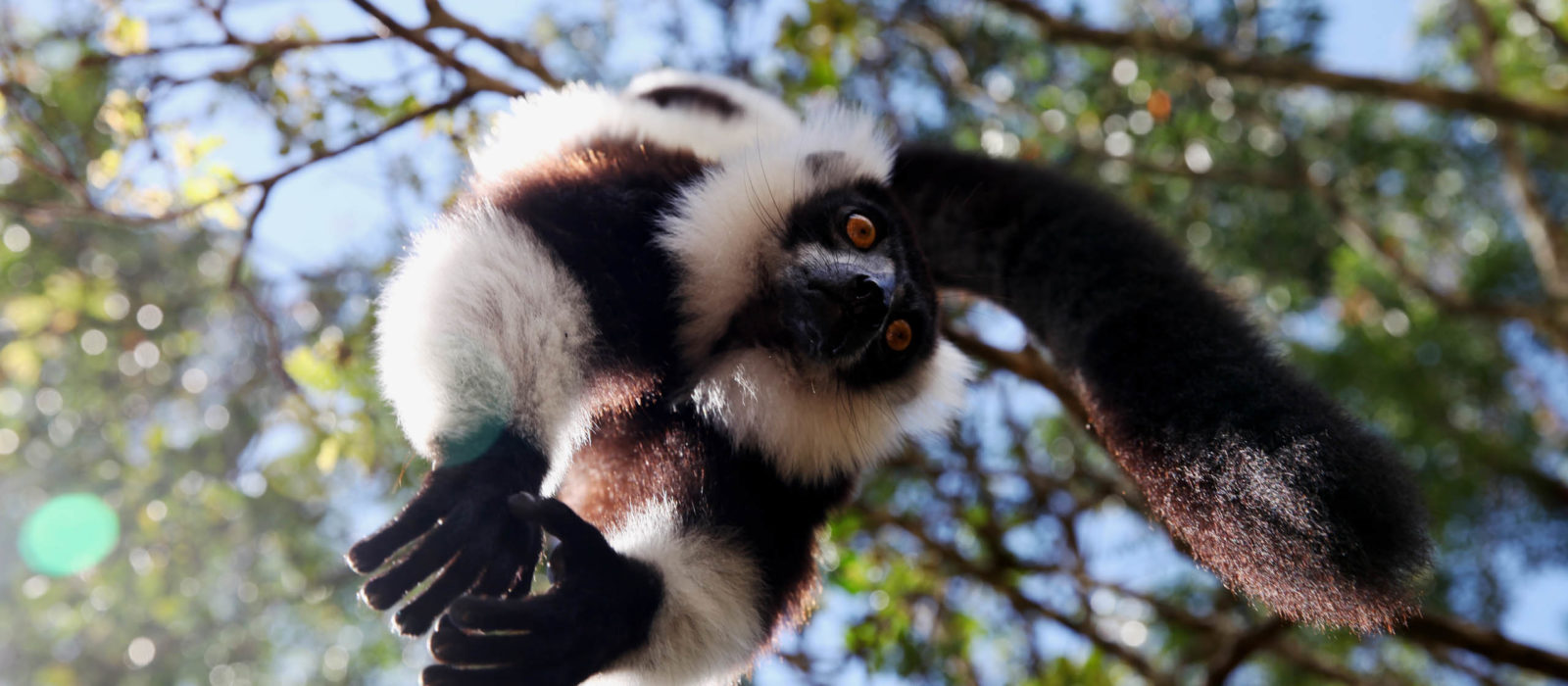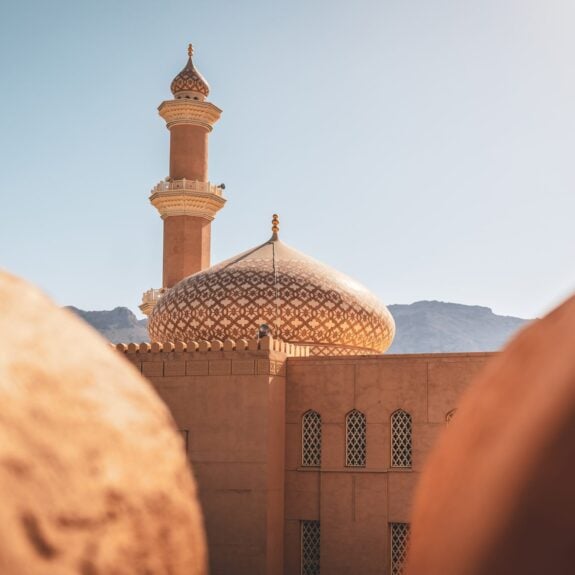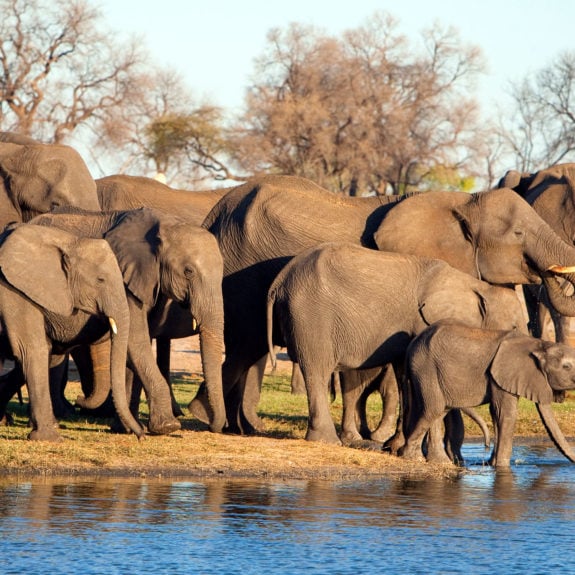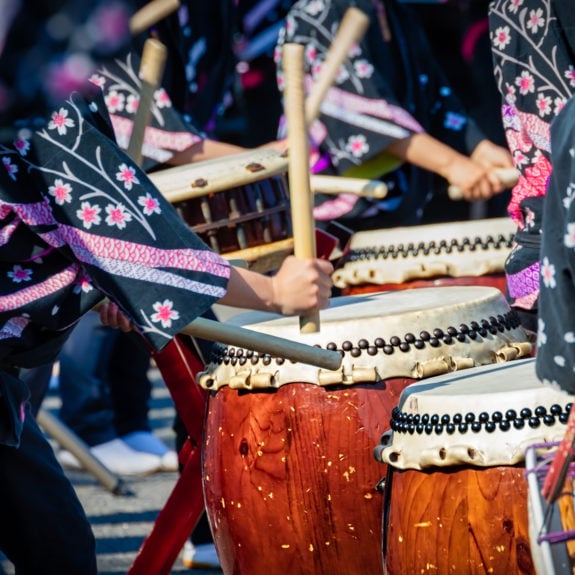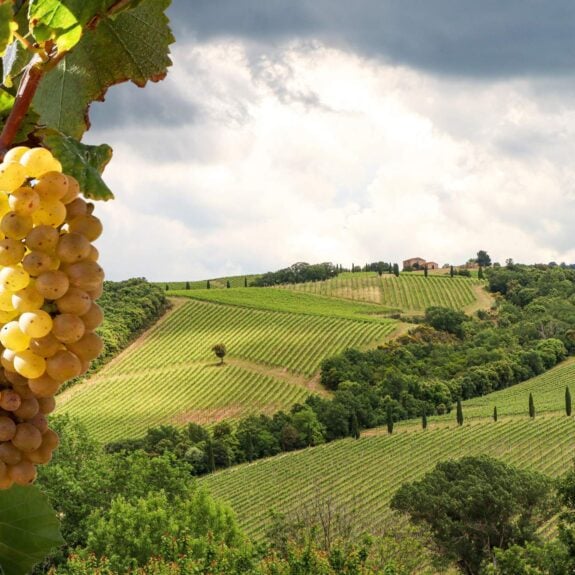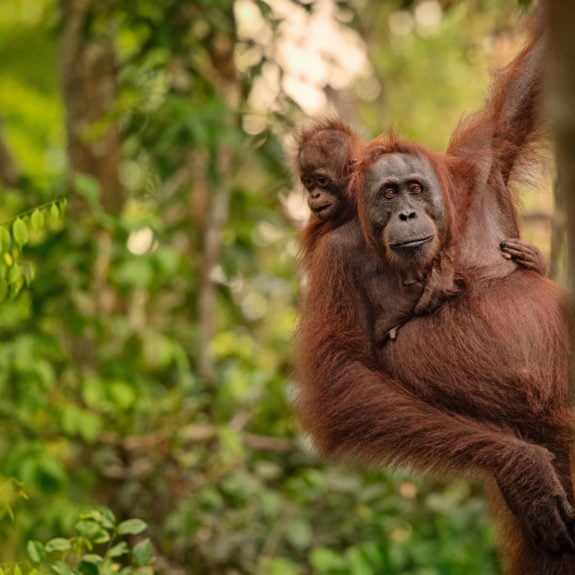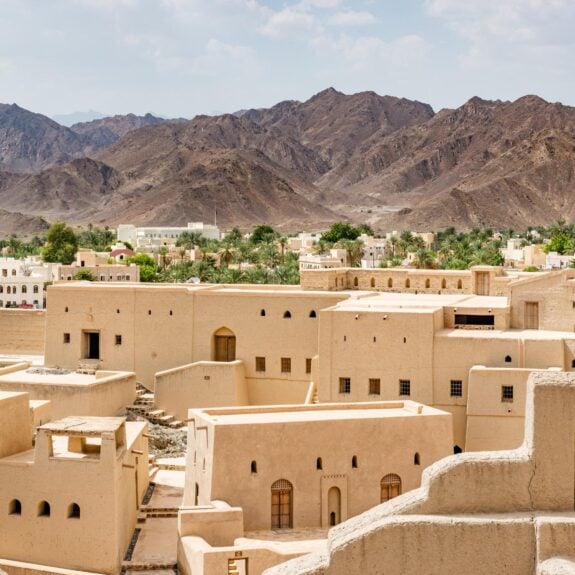Published on: February 26th, 2018
Last modified: August 3rd, 2022
Our frequently asked questions about travel to Madagascar. If you have any other questions, please contact your travel designer or concierge.
Do I need to get visa?
Visitors to Madagascar can purchase a 30-day tourist visa at the airport on arrival for a fee, payable in cash in US dollars or Euros (around $30 or €25, though this is subject to change and it is wise to bring extra to be safe).
A useful website for checking whether you require a visa is visahq.com however we strongly advise you consult the details with the relevant embassy or consulate which will be able to give you the exact detail, and that you do this at least two months prior to your trip.
Will I need travel insurance?
All travellers should check to be certain they are covered by their own medical insurance including a travel policy. We highly recommend that you take out trip cancellation insurance and medical evacuation. This will cover you if you must cancel for medical or family emergency reasons, and provides additional coverage should you need medical attention while on the trip.
Clients have previously booked through Allianz, CSA Travel Insurance or Travel Guard, however we do not recommend a specific insurance broker and we do not sell travel insurance.
Remember to first check with your credit card provider who often offer travel insurance as part of their package.
What currency should I bring?
The local currency in Madagascar is Malagasy Ariary (Ar). The most accepted foreign currency is the Euro, but US dollars and GBP are easily changed. We recommend that you carry a mix of denominations.
Please note that Mastercard, Maestro and American Express can be very hard to use, so we recommend that you bring a VISA credit/debit card or budget to cover your entire trip with cash. Since many of the properties you will stay in are all inclusive, it is likely you will use cash only for tipping and shopping in the local markets.
Tipping
Tipping is entirely discretionary but we suggest around 3000Ar for porters, and 20,000-40,000Ar (€5-10) per day for park and private guides.
Language
As a former French colony the French language is widely spoken in the larger towns and cities throughout Madagascar. However, English was added as an official language in 2007 and is slowly becoming more widely spoken. In rural areas it is common for only Malagasy to be spoken but your guide will always be there to help you translate and explain situations and events in fluent English.
Domestic flights and weight restrictions
Important: Max luggage allowance on your light aircraft flight to 20kg/44lbs (including camera equipment and hand luggage). Luggage must be in soft bags, with no wheels or hard corners so that they can be packed into light aircraft.
Please inform us in advance if anyone travelling has an individual weight of more than 110kgs (242lbs) as additional weight allowance on the aircraft must be purchased for safety and comfort.
Do I need any vaccinations before I go away to Madagascar?
If you are arriving from a country with a yellow fever risk, you do require a yellow fever vaccination certificate. Please check with your medical professional to make sure your relevant shots are up to date.
Do I need to take malaria tablets?
Malaria is prevalent in Madagascar. Check with your medical advisor about the areas you are going to before travelling to see whether you should bring malaria tablets with you. We recommend you bring some good mosquito spray, as well as long sleeve shirts and trousers to cover your ankles and arms.
Electrical plugs in Madagascar
For Madagascar there are two associated plug types, the European type C and French style type E. We recommend taking a power plug adaptor with you when you travel.
Security
As with any developing country petty crime does exist, particularly in the large urban areas, this is generally limited to snatch theft and is opportunistic. We recommend that clients leave valuables in their hotel safe, do not wear easy to remove jewellery in markets or busy places and take extra care with cameras in Antananarivo.
